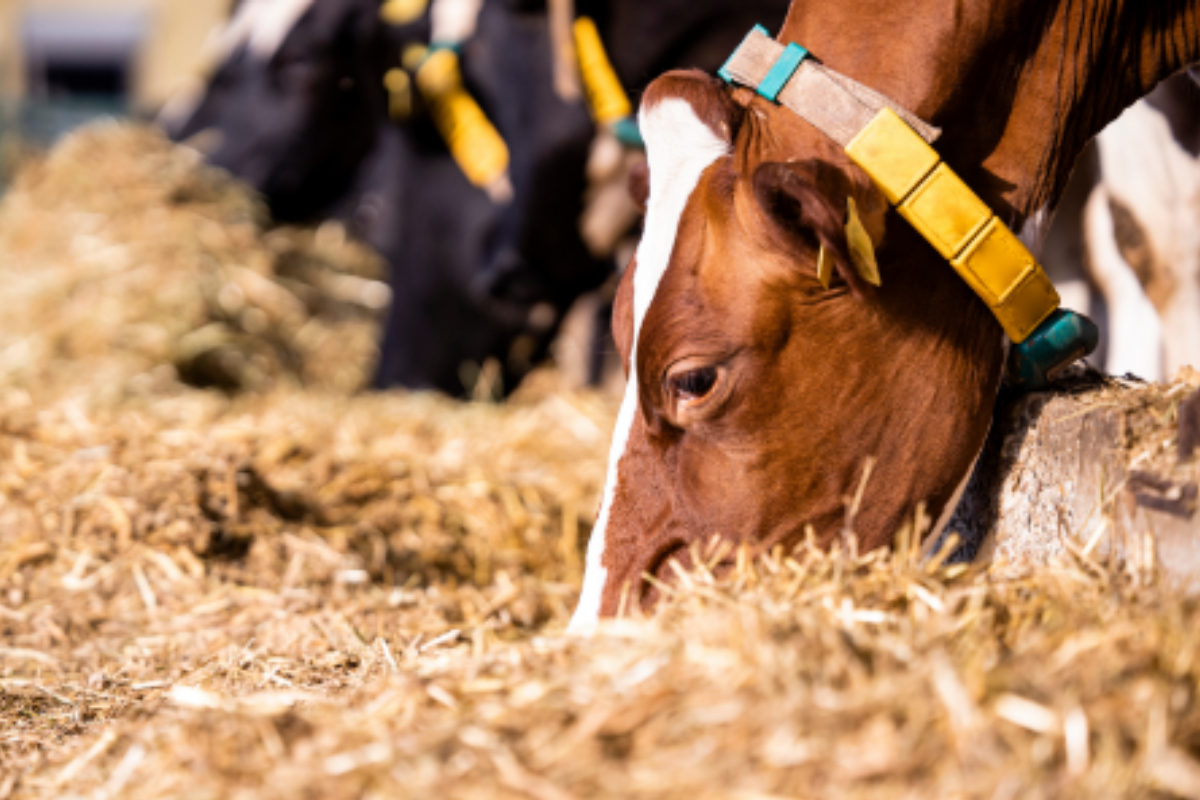Organic Feed—What is There to Note?
With annual sales of 11.97 billion euros, Germany is the largest market for organic food in the European Union. Organically grown feed for farm animals is a prerequisite for the production of organic food of animal origin such as milk, meat and eggs.
More than 24 million tons of compound feeds are produced in Germany each year. Of this total, organic feed makes up an estimated 4 – 5% (approx. 1.2 million tons of compound feed). Biochem is authorized to produce conventional as well as organic feed and is therefore subject to the guidelines for organic products.
Clear rules for production.
The EU regulation (834/2007) uniformly regulates minimum requirements for manufacturing, storage, labeling and certification of organic agricultural products. This regulation applies to the organic farming and processing of plant and animal food products and feed. It is the legal standard for companies using organic production methods. Manufacturers of organic products are subject to strict requirements and restrictions. Thus, consumers can be certain that products with a certified organic label meet high ecological standards for manufacturing and processing.
 Unfortunately, we only have this certificate in German.
Unfortunately, we only have this certificate in German.
Like other certification standards, feed safety plays an important role in ecological/organic production to ensure the risk of contamination from unapproved products or derivative substances is strictly monitored. This means that steps must be taken to prevent the risk of introducing substances that are harmful to health as well as any substances not authorized by the regulation. Suitable measures require, for example, that organic and non-organic feed be produced at different times or in a separate space.
The following principles must also be applied by feed manufacturers for products used in organic livestock farming:
Exclusion of genetic engineering at all stages of production
Feed materials produced in combination with chemical-synthetic solvents are prohibited
The use of feed additives must be kept to a minimum and restricted to situations where this is an essential technological/zootechnical requirement or to serve specific nutritional purposes
What is contained in organic feed?
Regulation (EC) 889/2008 determines which feed materials and additives are permitted in the manufacturing of organic products and how these products are labeled. The use of conventional ingredients in feed is strictly limited, but not all substances are sufficiently available in organic quality. Consequently, the EU organic regulation allows the use of ingredients including herbs, molasses, spices and certain inactivated yeast products from conventional sources.
In addition to the legal standards set by the EU organic regulation, organic production is monitored by national industry associations such as Bioland and Demeter. The guidelines established by these groups are to some extent stricter than the requirements specified in the EU organic regulation. For example, private farming association guidelines place more stringent limits on the amount of permitted additives used in production or specify stricter rules for livestock farming. Feed manufacturers that supply farms belonging to one of these associations must also comply with the additional guidelines.
The European organic regulation was extensively revised in 2018. Stricter requirements will apply to feed for organic farming when the new regulation comes into effect on January 1, 2022.
The exclusion of genetically modified organisms (GMO) not only plays an important role in the production of organic animal foods (milk, meat and eggs). There is generally a high demand for non-GMO food products of animal origin within the European Union, regardless of whether these come from organic or conventional sources. In some countries, including Germany and France, laws have been enacted to label foods of animal origin (milk, meat and eggs) as non-GMO products. The use of non-GMO feed is a prerequisite for the production and labeling of GMO-free food. As part of our GMP+ MI105 GMO Controlled certification, Biochem meets this requirement of manufacturing and labeling feed as non-GMO (GMO Controlled). The GMP+ MI105 GMO Controlled standard is a recognized certification equivalent to the German VLOG standard.
We are able to satisfy different customer requirements as well as market needs through various certifications, be it QS, A-feed, GMP+ or EG-Öko, and correspondingly suitable products. For organic farming we offer e.g., in the field of pre- and probiotics as well as betaine suitable concepts not only for feed producing but also for farms with our farm concepts.

 Visit our website to learn more about our production facility.
Visit our website to learn more about our production facility.
Sources: www.abcert.de, www.dvtiernahrung.de, www.boelw.de, www.gmpplus.org, REGULATION (EC) 834/2007, REGULATION (EC) 889/2008.











